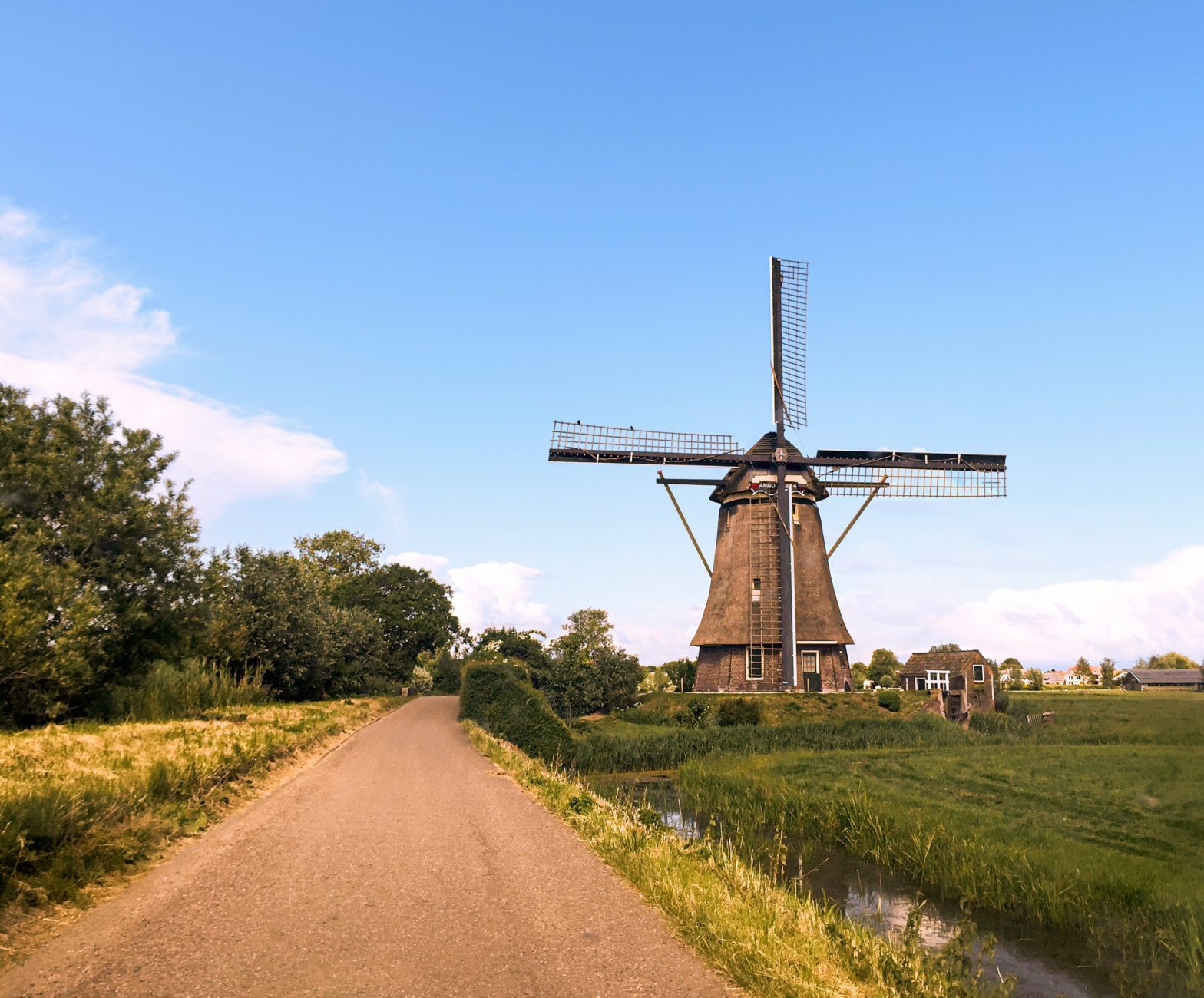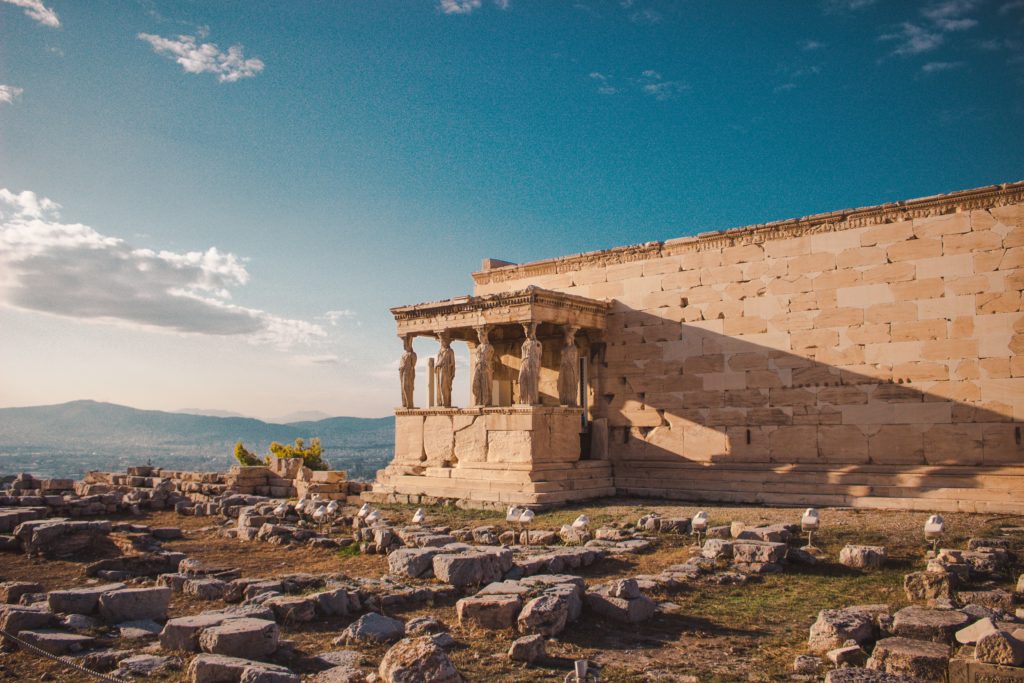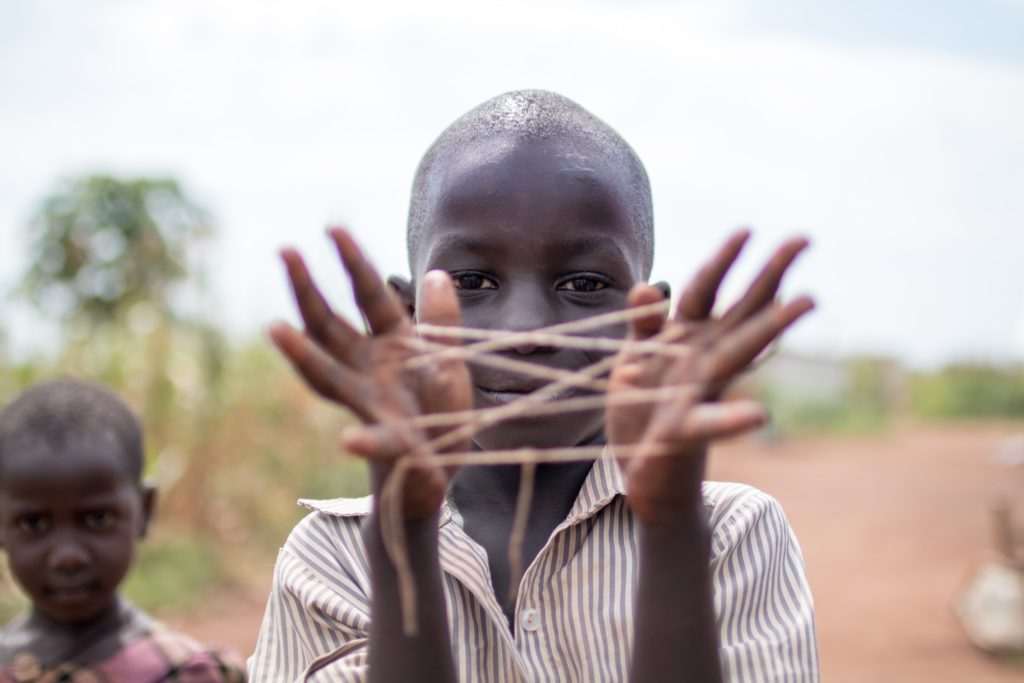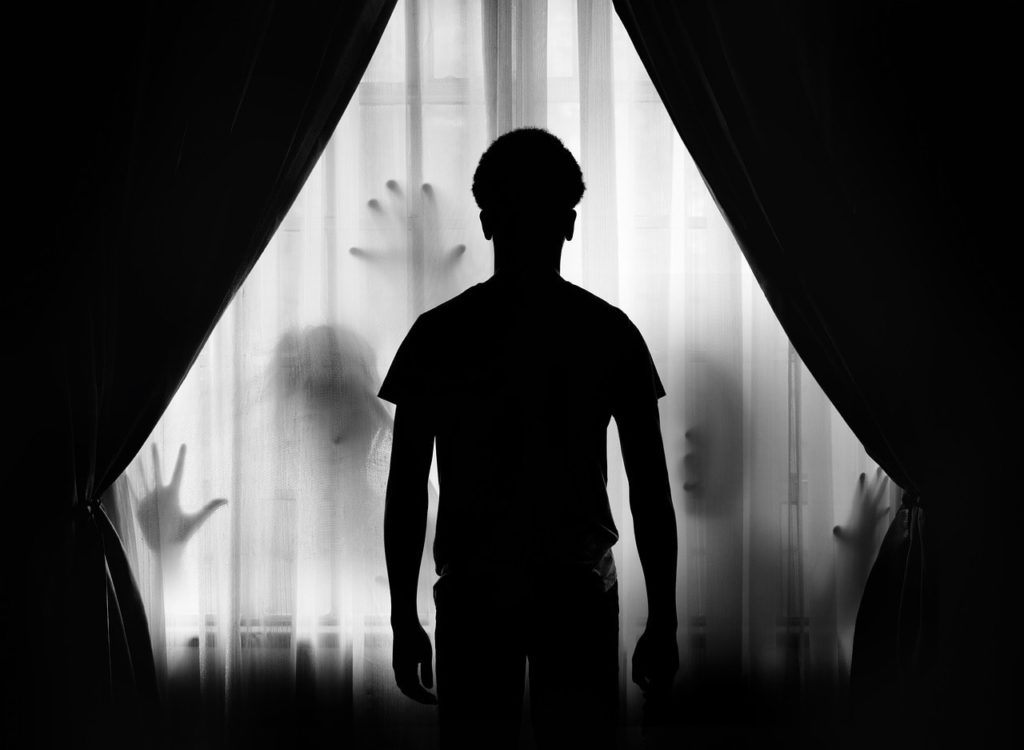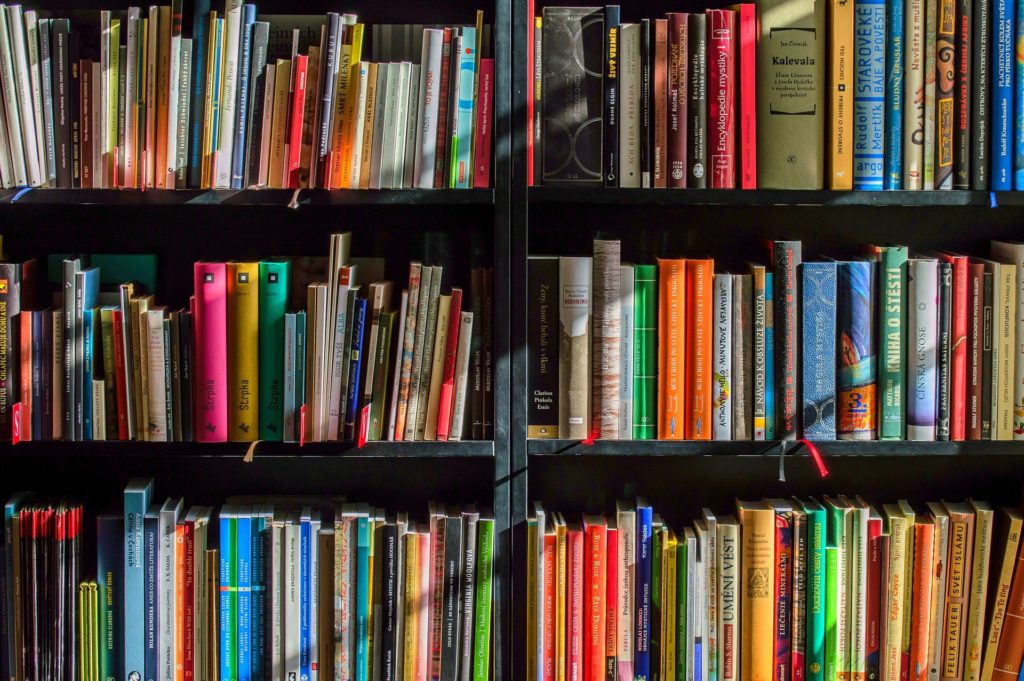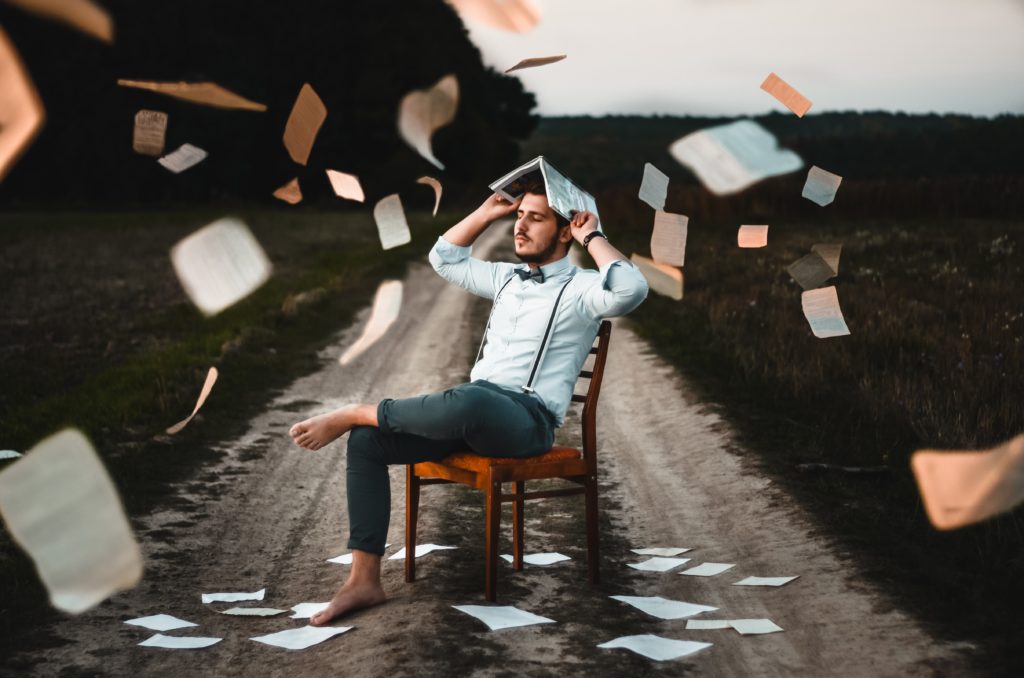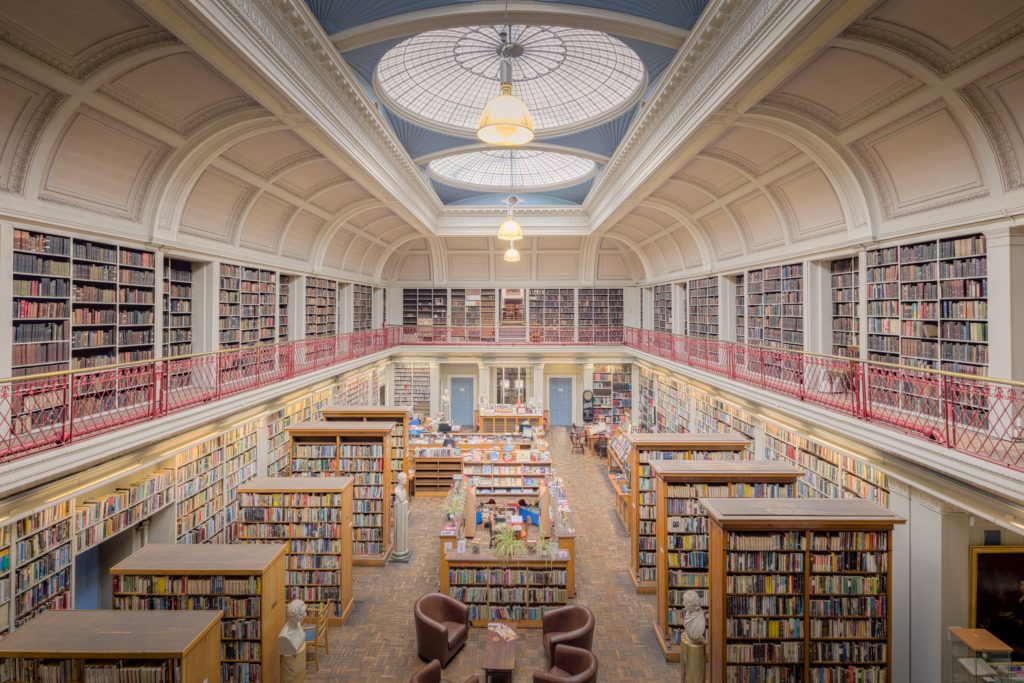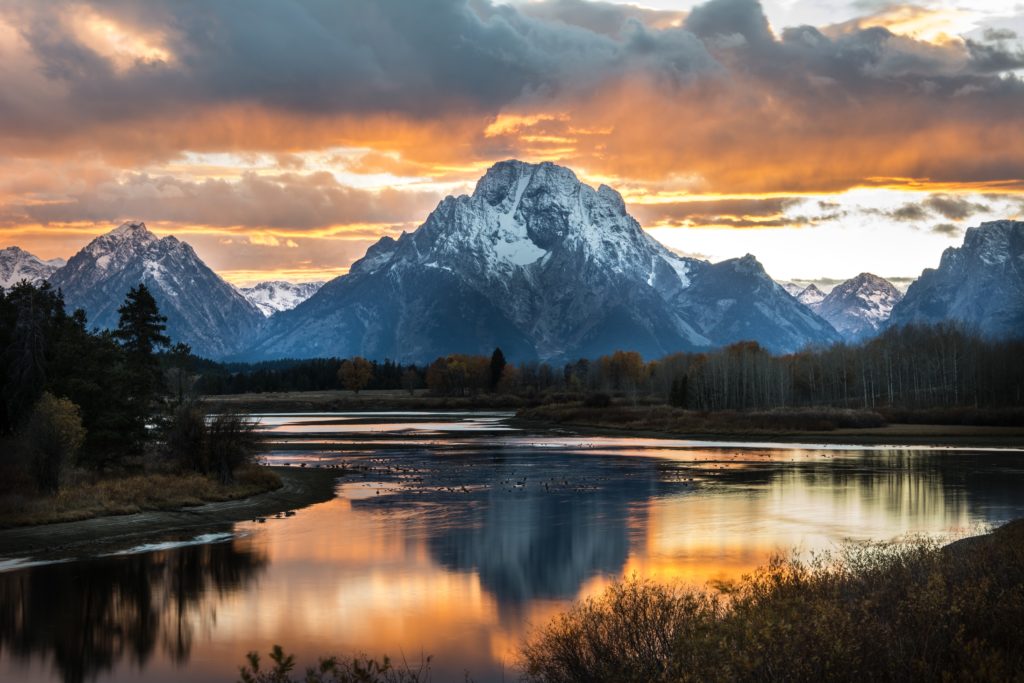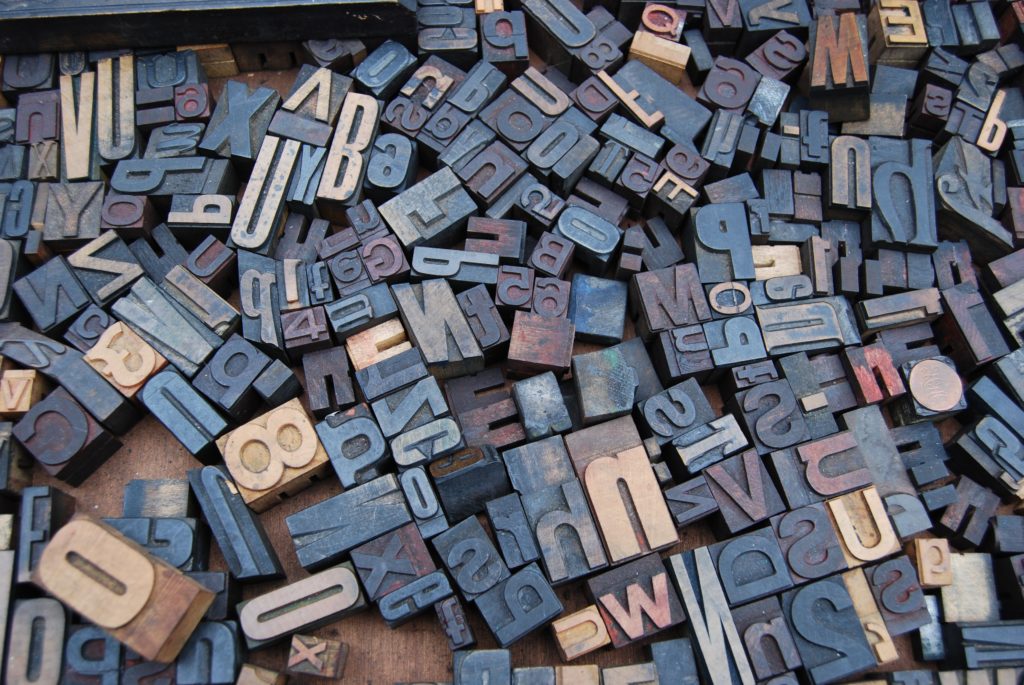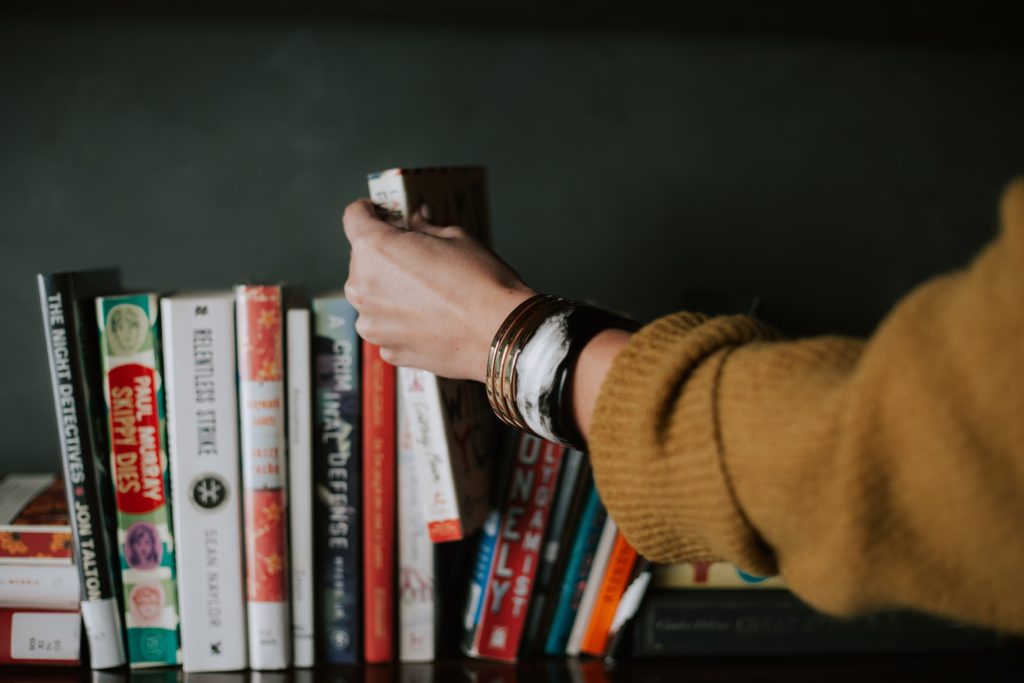The time has come: Spring 2022 courses are here! Registration starts on November 8th, so take a look at our upcoming offerings as you begin to plan.
A list of 113 Descriptions can be found on our website. A full list of the Spring schedule can be located here; please note that not all courses have a listed description in this post.
ENGL 154 – 01A & 01B | Writing Fiction | Prof. Michael Brooks | TR 3-3:50 PM
Introduction to Fiction is your chance to grow in storytelling, a valuable skill in many lines of work beyond writing. This half-semester class gives you the opportunity to tap into your creativity as you practice foundational fiction-writing techniques and learn the various elements that weave together to make memorable stories. No prior creative writing experience is necessary for this course. We’ll read short stories by celebrated writers of many backgrounds while working through the basics of plot, characterization, and other fiction foundations to start you on the path to finding your unique voice. The semester will employ different writing exercises and peer reviews to help you craft and revise your very own short story.
2 credits / FA2
ENGL 213 | Rhetoric and Community Engagement | Dr.Tom Sura | TR 1:30-2:20 PM
We encounter rhetoric every day as mass media, social media, employers, and other people all use language and images to affect what we do, think, and feel. In this course we will examine how language shapes the world we live in as well as how a deeper understanding of rhetoric gives us the agency to shape our worlds too. Students will choose their own research projects within this framework and write in multiple genres to enhance their expertise with both writing and their research subjects.
2 Credits
ENGL 214 – 01 & 02 | Workplace Writing | Dr. Mike Owens | MW 9:30-10:20 AM & MW 11-11:50 AM
This course is an introduction to writing effectively in business, industry, the government, and any other profession. Its primary objective is to help you work through common business writing tasks, both large and small, and produce writing that is clear, organized, correct, and effectively communicates its point. An additional course objective is to give you necessary skills for analyzing and composing messages in basic formats such as memos, letters, plans, resumes, and reports. The course also includes an introduction to workplace presentations and a bit of review in fundamental grammar, punctuation, and stylistic conventions in Standard Written English. Ethical considerations in business writing is an on-going discussion throughout the course as well.
2 Credits
ENGL 231 | Literature of the Western World I | Dr. Stephen Hemenway | MWF 1-1:50 PM
Aesop’s fables and Homer’s tales of war and adventure start you on an odyssey of ancient literature. Frowns and smiles accompany your dramatic responses to Greek tragedies and comedies. Ancient Roman and medieval Italian epics send you on a spiritual journey that may also embrace excerpts from the Hindu Bhagavad Gita and the Chinese Tao Te Ching. Chaucer takes you on a pilgrimage with the Pardoner and the Wife of Bath, and Cervantes inaugurates a quest for an impossible dream with Don Quixote. Sappho, Lady Murasaki, Margery Kempe, Marguerite de Navarre, and Sor Juana de la Cruz go places where few females dared to tread. Michelangelo, Petrarch, and Shakespeare lead you through the Renaissance and Reformation and prepare you for the modern world. As you investigate and explore these authors and works, you read and take tests or written test alternatives, write journals and short papers (or a longer research project), and engage in lively discussions about these masterpieces of Western literature in a global context.
4 Credits | CH1
ENGL 234 | Modern Global Literatures | Dr. Ernest Cole | TR 9:30 – 10:50 AM
This 4-credit course fulfills the general education and global learning international requirements at Hope College. It focuses on the experiences of migrants in the United States by exploring a variety of themes that encompass the dynamics of culture and integration including identity, belonging, exclusion and marginalization, and the reformulation of stereotypes of otherness and inferiority of immigrants. The course draws from the theoretical constructs of cross-cultural integration and hybridity to explore a three-part structure of exodus, the dream and the complexities of the in-between to examine the representation of the migrant in distinct geographical spaces. Using the harrowing experiences of migrants crossing the Mediterranean, the course draws from literature from east and west Africa to depict the reversal of expectations and wanton destruction of immigrant lives in the western world.
4 Credits | CH2, GL1
ENGL 248-01 | Introduction to Literary Studies – Monsters: From Beowulf to Beloved | Dr. Jesse Montaño |TR 9:30-10:50 AM
What if we read Beowulf, an early medieval text written in Old English, through the lens of Toni Morrison’s Beloved, a novel about a ghost and about slavery? What would we learn about ourselves? About liberation? About others?
This course is about monsters. It is a course on literature, because tales and stories are where monsters find form, where they find life. In this, monsters are bound up in our imagination, in what we find abhorrent, frightening, horrifying. And to a large extent, what we most fear is the Other. This, then, is our task: to look at monsters through “dark” lenses that allow us to see the devaluation of humanity in the making of monsters, in other words, the making of Others.
Along with Beowulf and Beloved, we will read Mary Shelley’s Frankenstein, Octavia Butler’s Fledgling, William Shakespeare’s The Tempest, and Jorge Luis Borges’s “The House of Asterion,” a short story told from the perspective of the Minotaur.
4 Credits
ENGL 248-02 | Introduction to Literary Studies | Dr. Emily Tucker | MWF 9:30-10:20 AM
Why does literature matter? In this class, we’ll break this gigantic question down into smaller, more approachable pieces. These will include:
-How can literature help us to reflect on and even transform our own lives?
-How do contemporary scholars and adapters make literary classics speak to the concerns of the twenty-first century world?
-What reading practices and theories most enable us to understand literary texts?
-What counts as “great literature,” and who gets to make that decision?
As we work through these and other questions, we will explore poems, fiction, and drama from authors who are likely to include Jorge Luis Borges, Virginia Woolf, Gabriel Garcia Marquez, Adrienne Rich, William Shakespeare, Bharati Mukherjee, Gwendolyn Brooks, Emily Dickinson, and Toni Morrison.
4 Credits
ENGL 253-01 | Introduction to Creative Writing | Dr. Pablo Peschiera | MWF 12-12:50 PM
Introduction to Creative Writing looks at the core of all creative writing—images, words, and sentences—but also develops your awareness and abilities in poetry and storytelling in fiction and nonfiction. You don’t need previous experience for this course because everyone has the core skills necessary to write creatively. We’ll write poems, short stories, and memoirs—but great writers must also be great readers. So, we’ll also develop our reading skills by analyzing the poems, memoirs, and short stories of established authors alongside those written by our classmates. This will allow us to develop the skill of how to give helpful, purposeful feedback to our peers, and further develop our internal editors for our writing. Most importantly, we’ll explore the core of what it means to be you: a college student, a citizen of your particular, unique world, and an individual with a unique voice.
4 Credits, FA2
ENGL 253-02 | Introduction to Creative Writing | Dr.Susanna Childress | TR 12-1:20 PM
It’s time to get creative! For this course, you need not have any previous writing experience. We’ll do regular writing exercises, plenty of reading, and lots of constructive peer response. We’ll take a good, long look at craft techniques to aid you in trying your hand at poetry, fiction, and creative nonfiction. Joan Didion, who wrote across genres, said, “I write entirely to find out what I’m thinking, what I’m looking at, what I see and what it means. What I want and what I fear.” Welcome to a course whose whole point is to help you find something—or a myriad of things—out!
4 Credits | FA2
ENGL 271 | British Literature II | Dr. Christiana Salah | TR 9:30-10:50 AM
This course fulfills the Global Learning International gen ed credit and covers British literature from the 1790s until the present. Read the unforgettable words of Keats, Shelley, Byron, and Austen as we start our journey in the Romantic period—a time of revolutionary awakening to the importance of the individual’s internal experience of mind, emotions, nature, and the soul. Moving into the Victorian era, we’ll read Brontë, Dickens, Tennyson, Wilde, and more, as we trace how new literary genres emerged to describe the bustling new world of factories, cities, and globalization. We’ll peruse travel narratives from the empire and look at struggles “at home” in England under a rigid patriarchy and heavily stratified class structure. With poetry, travel narratives, short fiction, and drama from England, India, Ireland, and South Africa, we’ll explore the diverse, contested new “British” identity. Next, literary modernism will show us how writers wrestled with the turmoil of world war and struggles for colonial independence. We’ll conclude with postcolonial literature and examine the work of writers from former British colonies and a novel depicting racial, scientific, and religious conflicts in late twentieth-century London.
Short assignments and an introductory research project give students opportunities to work through these difficult ideas while practicing their writing skills, but also open windows for pure engagement and enjoyment of some of the greatest works ever written.
4 Credits | GLI
ENGL 280 | American Literature I | Dr. Kathleen Verduin | MWF 9:30-10:20 AM
“America is a poem in our eyes,” wrote Ralph Waldo Emerson, and the metaphor is apt: America is not simply a geographical space but an idea, a creation of the imagination, ever new and ever-changing—and much of what we contemplate as “American” arises from the testaments of our writers. This course surveys American literature from its beginnings to the Civil War, a period when the snide British taunt “Who reads an American book?” was finally laid to rest. We will start with Native American oral tradition, then look carefully and with an open mind at the writings of the American Puritans and at eighteenth-century contributions to the flowering of the nation. We will move then into the miraculous abundance of talent among nineteenth-century artists like Hawthorne, Melville, Stowe, and Whitman. We will wonder at the loomings of an African American literary tradition. To crush such a rich heritage into a single semester seems a travesty, particularly since the American literary canon—those works deemed worthy of study and of perpetuation in the classroom—has undergone such dramatic change since the establishment of American literature as an academic province some ten or twelve decades ago. Still, a course like this can make a start, exposing students to American writers, American literary history, and the juxtaposition of literature with culture. The redoubtable Norton Anthology of American Literature provides a virtually inexhaustible resource. By the end of the semester, we all should know American literature a lot better—but if all goes as planned, we should also know a lot more about ourselves.
4 Credits | DAML, DPRE
ENGL 282 | American Ethnic Literature | Dr. Jesse Montaño | TR 12-1:20 PM
Heart
At the heart of the matter, Survey in Ethnic American Literature is designed to develop the “whole person” at Hope College via study in critical methodologies and scholarly approaches for understanding the diverse historical and cultural issues relating to ethnicity in the US at a time when America is becoming increasingly multicultural and at a time when as Americans we are increasingly aware of the values of multiculturalism to the social body in general and to the Hope College student in particular; thus, participants are encouraged to gain and develop skills to research, analyze, and reflect on the heritage of ethnic cultures in America with the design that such study will develop the “whole person,” or in a word, to develop a Citizen, a participant and an activist who has a view of the larger mission in life and who strives daily, both locally and globally, in the pursuit of justice and equality.
Body
This course will introduce students to methods and approaches for understanding the diverse historical and cultural issues relating to ethnic literary production in the US. Students will explore a wide variety of primary materials, including literature, film, art, and material culture, and will build on critical reading and critical learning skills necessary for understanding US ethnic experiences. The objective of the course is to introduce students to the field of ethnic American literatures, place students within the ongoing conversations, and have students take major steps toward active engagement with those conversations. The course is designed to theoretically interact with higher division courses in the minor.
Soul
Ninety percent of this course is survey in nature, with coverage its impetus. The other fifty percent of the course will focus on methods and approaches for understanding the evolving concepts of race and ethnicity. Students will explore various themes and ideas prevalent in discussions of race and ethnicity. The objective is to make students comfortable with the conversation while at the same time allowing them to take steps toward critically understanding the concepts and ideas. What is not a major goal nor an objective is to take students to take students to a metaphorical building and have them look around outside, perhaps even look inside or touch it. If this analogy holds, and I think it does, then in this course we will examine the blueprints, explore the insides, comment on the various renovations, and discuss the relevance for such a building, whether personal, social, cultural, or national.
4 Credits | DAEL, DAML, DPST, GLD
ENGL 354 | Intermediate Creative Writing: Fiction | Dr. Susanna Childress | TR 1:30-2:50 PM
According to Flannery O’Connor, “A story is a way to say something that can’t be said any other way, and it takes every word in the story to say what the meaning is.” She also said, “I write to discover what I know.” And this, too: “You shall know the truth and the truth shall make you odd.”
So this is your chance: discover what you know by saying something that can’t be said any other way, make every word integral in the saying, and also, of course, let your weird out! We’ll closely examine—as writers who are looking to steal their secrets—short stories from contemporary literary giants in this genre. We’ll get a wide variety of styles and techniques in short fiction but also, as a bonus, helpful, hands-on commentary directly from the authors about their stories.
We’ll undertake exercises to develop your characters, push your plot lines, and make your dialogue do good and gritty work. We’ll engage in in-class critique, aka, workshop. We’ll watch a couple films which have loads to teach us about character building and the power of storytelling. Come prepared to read and to write—lots and lots of each!
So come discover what you know, and let the truth set you strange….
4 Credits
ENGL 360 | Modern English Grammar | Dr. Kathleen Verduin | MWF 12-12:50 PM
Is it “lie” or “lay”? “Who” or “whom”? “I” or “me”? And when is a sentence not a sentence, and what is a dangling participle, and where (on earth) should you place commas? If you’ve ever been troubled by these questions, sign up for this course. We start simply, learning to identify the seven (some say eight) parts of speech, recognizing phrases and clauses, and yes—but fear not!—diagramming sentences. We go over the conventions of usage: affect vs. effect, amount vs. number, imply vs. infer, like vs. as, and a fearsome lineup of similarly daunting verbal mysteries. But (and yes, you can—indeed, you may—begin a sentence with this word!) we also look into the history of grammar, the invention of sentence diagrams, and the cultural questions surrounding the role of grammar in contemporary society: why does grammatical correctness matter (or does it?), who decides what’s “correct,” and why (for heaven’s sake) are grammarians so often represented as crabby old ladies? By the end of the semester, you will write with increased confidence, secure in the knowledge that your prose won’t be blotched with distracting and embarrassing errors. A great course for writers, future teachers, or anyone who just wants to look good in print. Lots of support, lots of exercises, lots of encouragement: if you take this course, you ain’t gonna be sorry.
4 Credits
ENGL 371 | Tolkien and Medieval Literature | Dr. Curtis Gruenler | MW 3-4:20 PM
J. R. R. Tolkien is not only the most influential author of fantasy literature but also one of the great scholars of medieval literature—and each of these interests fed the other. This course will weave together the development of Old and Middle English literature with Tolkien’s career as an author and the chronology of Middle Earth. We will read medieval works that Tolkien studied, both well known and lesser known, including some Old English poems such as “The Battle of Maldon” and focusing on Middle English works such as Sir Orfeo, Sir Gawain and the Green Knight, and Chaucer’s Canterbury Tales. And we will read Tolkien’s Silmarillion, The Hobbit, The Lord of the Rings, and several shorter works, both creative and scholarly. Seeing how medieval literature inspired Tolkien’s work will guide us in better understanding both. The many ways in which he responded to the works he loved—scholarly articles, poems imitating old forms, sequels, translations, reconstructions of fragmentary works, drama, and, of course, his own fantasy novels—will be models for our own responses.
All medieval works will be read in modern translations, often by Tolkien himself. There will be opportunities to explore medieval literature in languages other than English (such as Welsh and Old Norse), how all these works respond to the Bible, and other topics of individual interest. The course will be conducted as a discussion-based seminar. Students will write a portfolio of pieces that will include critical writing as well as other interpretive and creative genres.
ENGL 373 | Victorian Crime | Dr. Christiana Salah | TR 3-4:20 PM
“It is my belief, Watson,” observed the great detective Sherlock Holmes, “that the lowest and vilest alleys in London do not present a more dreadful record of sin than does the smiling and beautiful countryside.” Was he right? This semester, we’ll dodge pickpockets in the foggy, gaslit streets of Victorian London—visit wealthy manor houses hiding terrible secrets—stroll across classic English meadows looking for buried bodies—all as we seek to understand the human fascination with stories of murder, mystery, and mayhem. We’ll read the works of famous authors like Dickens, Doyle, and Poe alongside rediscovered Victorian favorites, with a few modern films and tales thrown in for comparison. We’ll uncover the origin stories of many of the common devices found in detective shows, true crime podcasts, and murder mysteries today: amateur sleuths! lady detectives! gold-digging relatives! dramatic trial scenes! locked room mysteries! least likely suspects! and more! We’ll debate questions like: What makes a crime story effective? What separates “genre fiction” from “great literature”? What can tales of crime tell us about truth and justice in a time of poverty, empire, and social upheaval? As we read, we’ll also take a step-by-step journey through the Victorian archives to develop unique, interest-driven research projects, and even do a little creative dabbling in the mystery writing genre.
4 Credits
ENGL 455 | Advanced Creative Writing: Poems | Dr. Pablo Peschiera | TR 4:30-5:50 PM
Poetry is the core of creative writing: it’s in the rhythm and flow in rap by Kendrick Lamar, Missy Elliot, and Pharrel Williams; and in the subtle fire of Joy Harjo, Amanda Gorman, and Billy Collins. It’s in our Bible’s Book of Psalms, and in the homages to nature by Wendell Berry. Poetry is the art of the human mouth—and your poetry exists in the art of your unique language, one you’ve gained over years as a human being.
We’ll write at least 20 poems in this class, and several short reflective essays about poetic craft and poets. We’ll read several books of contemporary poetry, attend readings on Zoom and (hopefully) in person, and develop a final project made of a short collection of poetry. We’ll read our work out loud to each other, memorize a poem or two, and develop a publishing project that includes submitting your poems to literary journals, including our campus journal, Opus.
Maybe most importantly, we’ll work as a collaborative workshop, in which we read each others’ poems in order to support our shared goal of becoming more successful artists who use language to express themselves.
4 Credits.
Questions? Talk with your English advisor or email [email protected] if you are an English minor. You can view the full schedule here.


